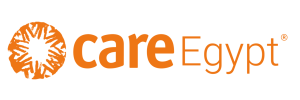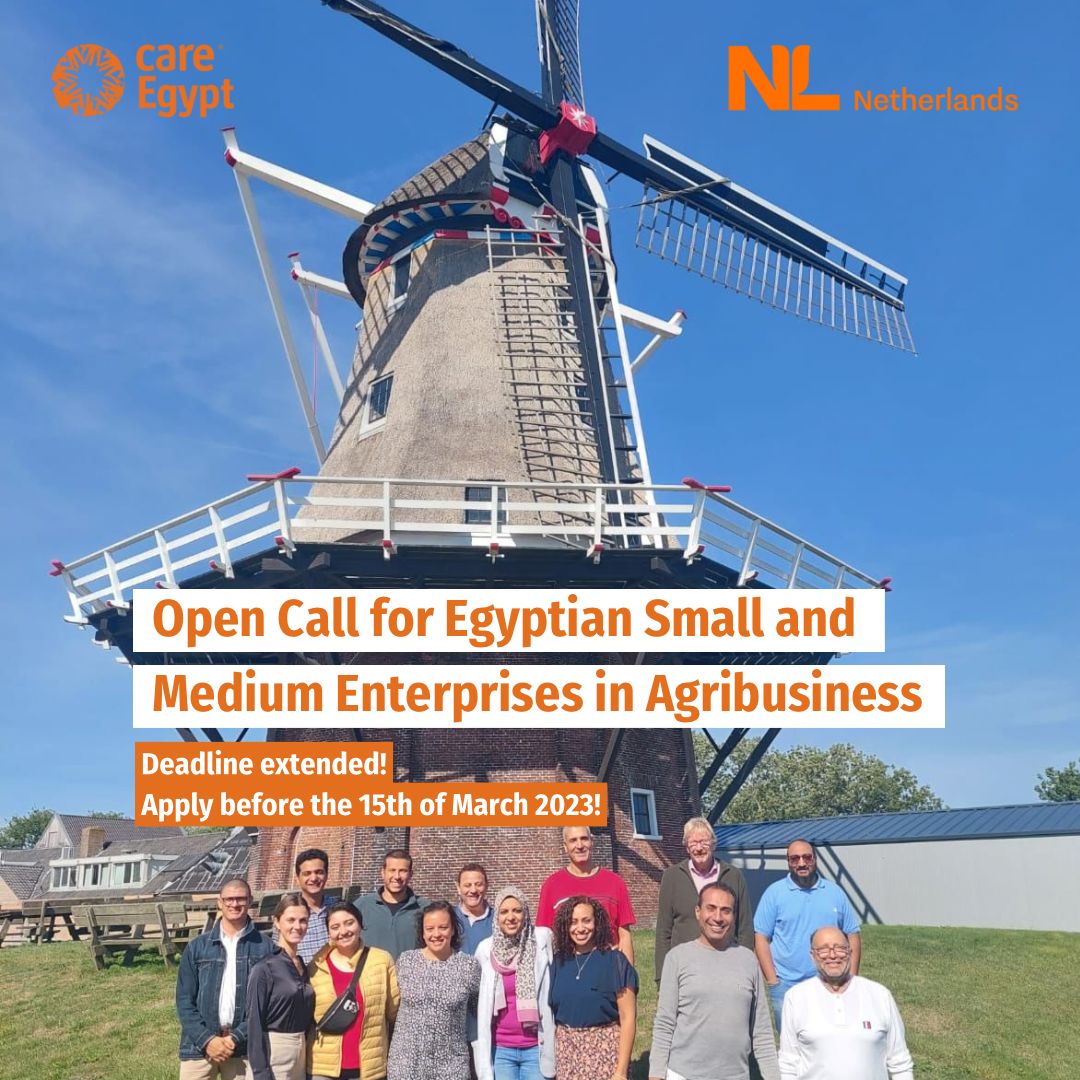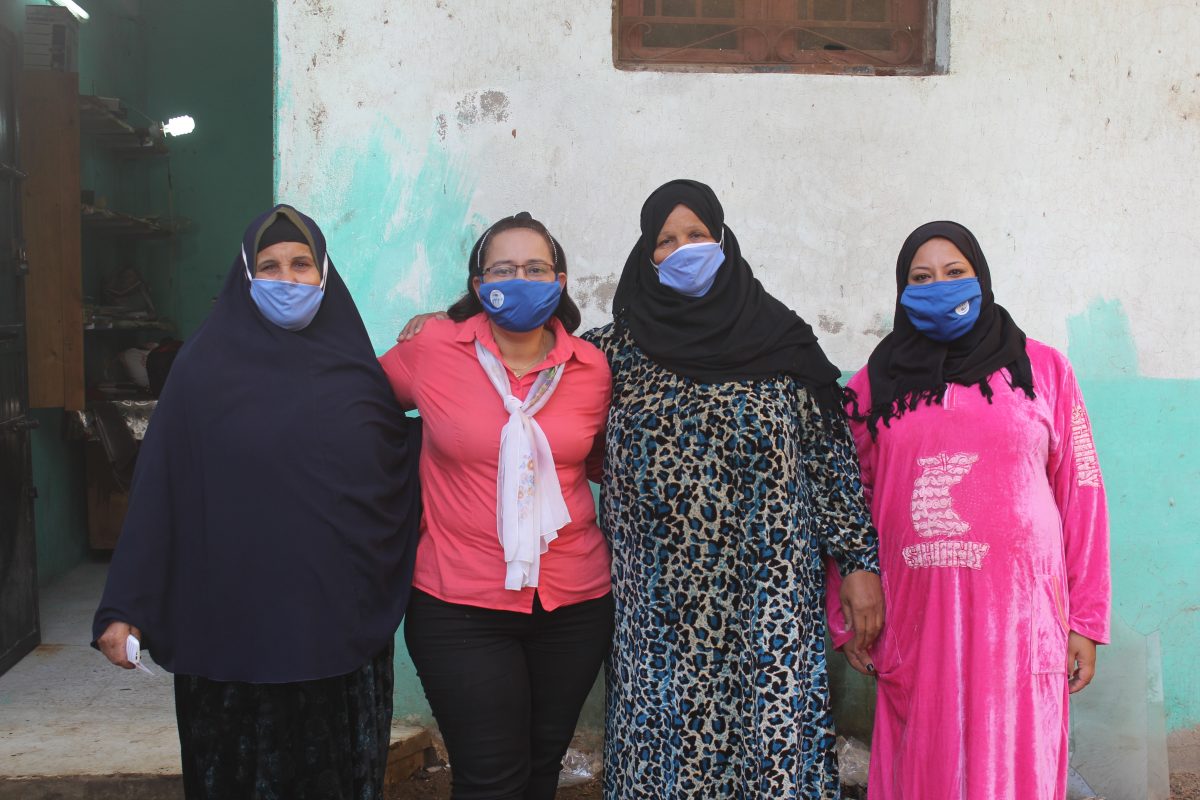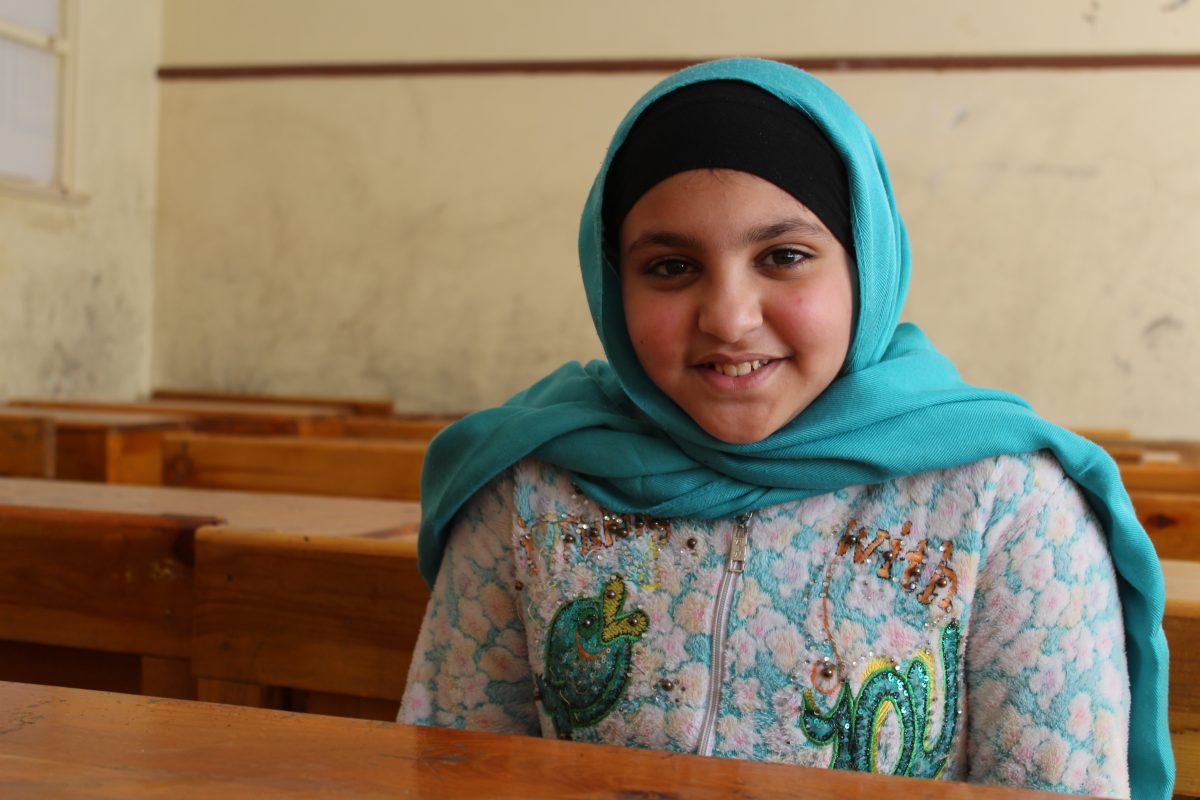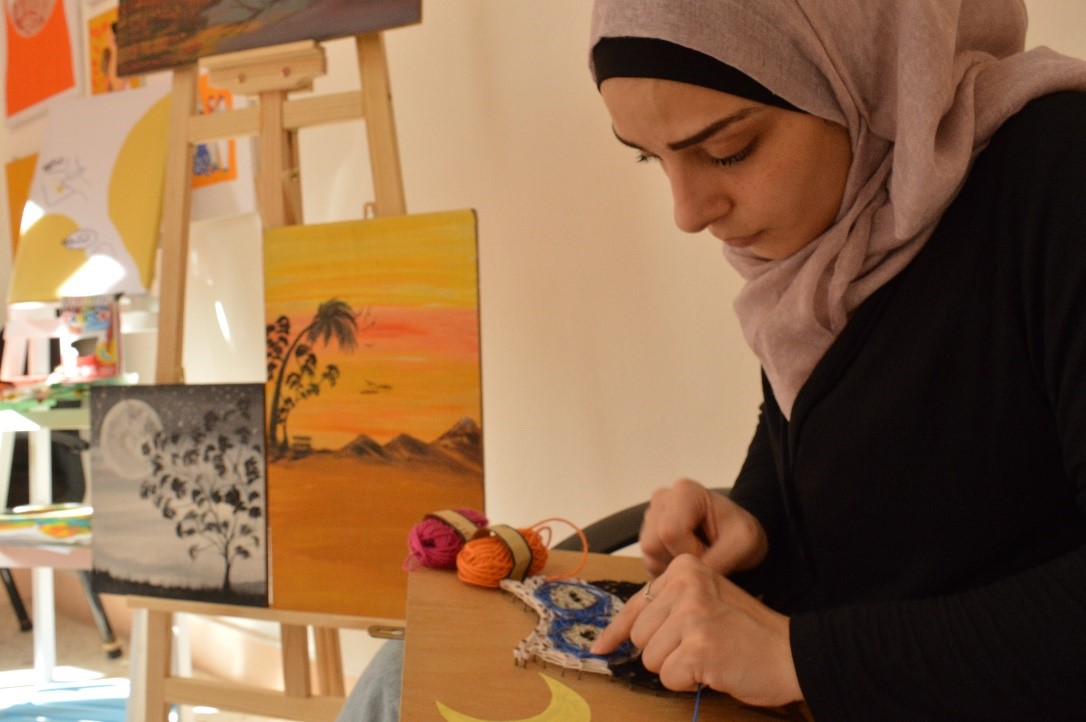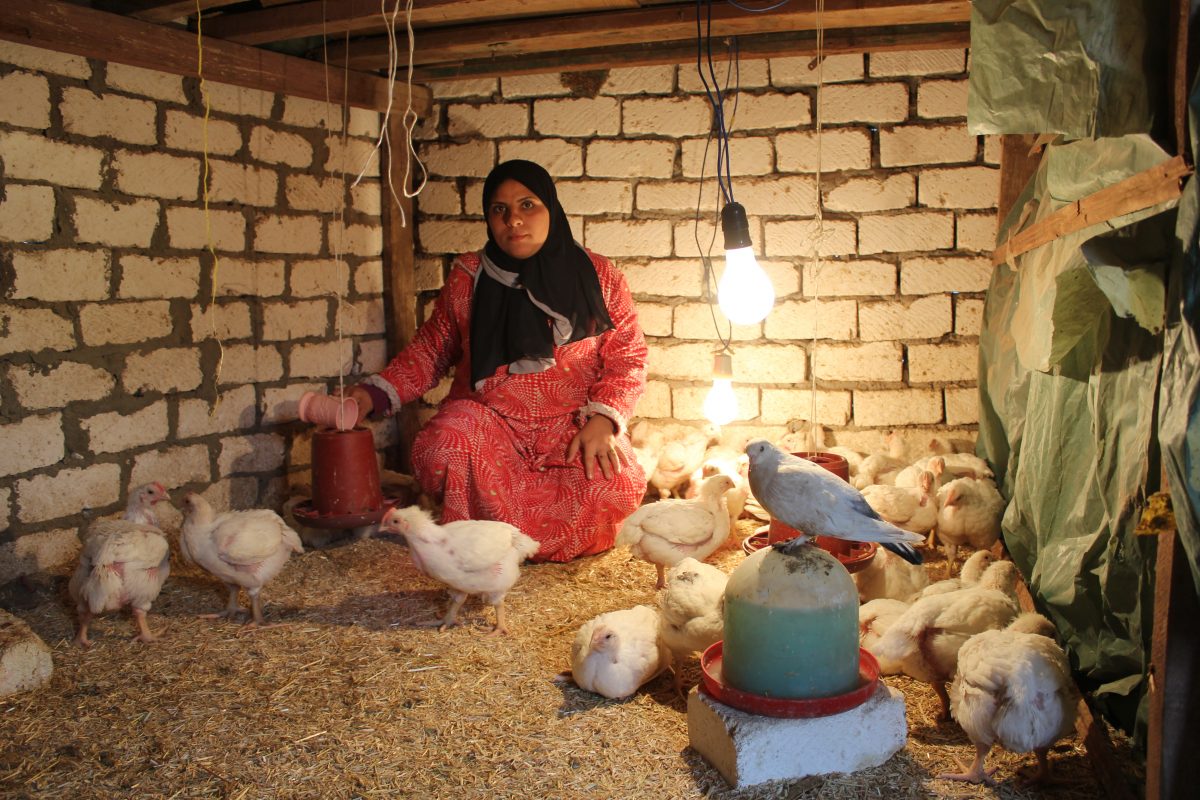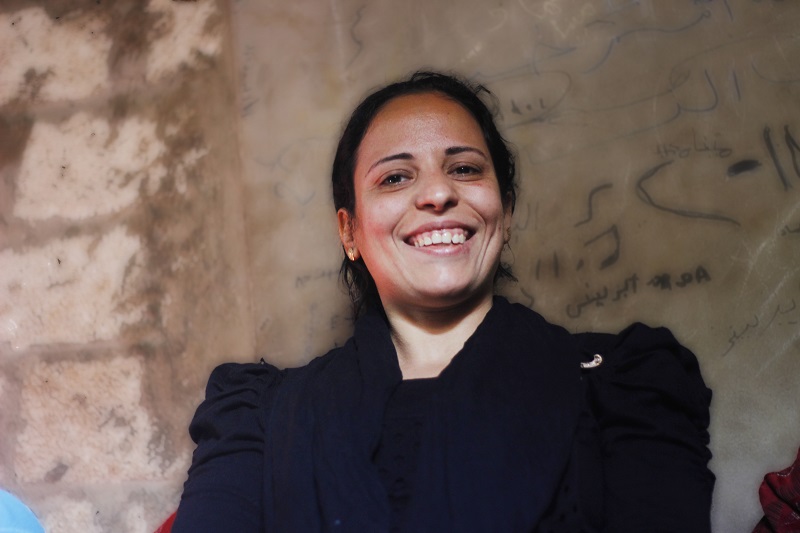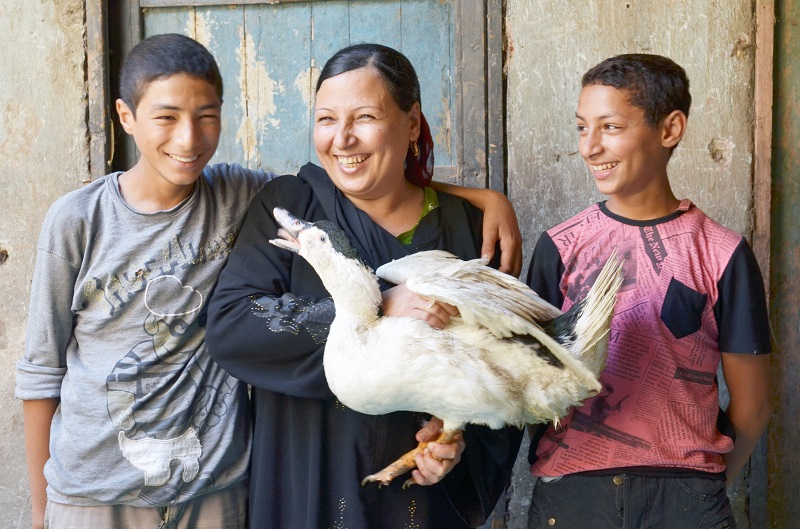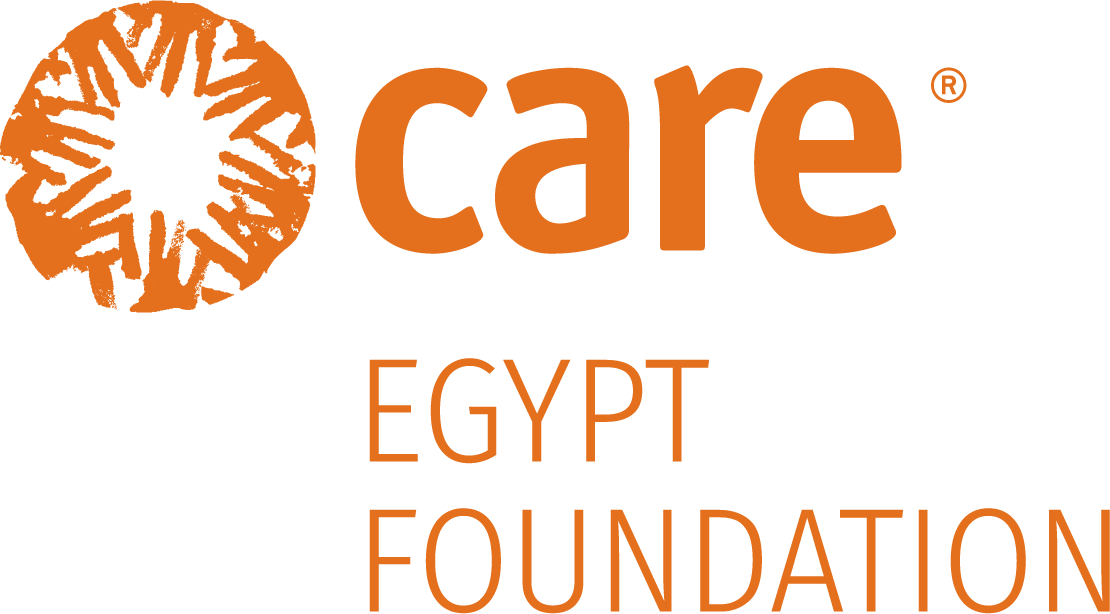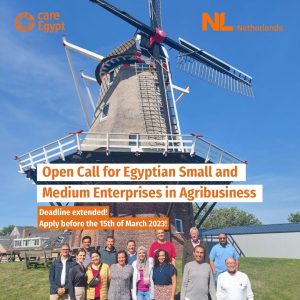
Deadline Extended- Apply before the 15th of March 2023.
SASPEN Project- open Call for Egyptian SMEs in the Agri sector:
Care Egypt foundation is launching an open call under the SASPEN Project (Sustainable Agriculture Service provision Enterprise Network in Egypt) benefiting from the Dutch -Egyptian expertise in agricultural innovation and entrepreneurship to support young agribusiness professionals and expanding small and medium enterprises (SMEs) by introducing innovative solutions to their technical challenges, linking these SMEs to financial resources, and promoting innovation and technologies. Thus, Improving the efficiency and performance of the agricultural sector in Egypt.
The SASPEN project is managed by Care Egypt Foundation (CEF) in partnership with Care Netherlands (CNL) and funded by the Netherlands embassy (NL).
We are inviting 40 young professionals representing small and medium enterprises in agribusinesses in Egypt to apply to the 2nd cycle of the project to get the needed technical support and knowledge provided by the Dutch -Egyptian expertise to support their establishments of agricultural-focused SME start-ups and/or expand their existing SMEs.
The SASPEN project is managed by Care Egypt Foundation (CEF) in partnership with Care Netherlands (CNL) and funded by the Netherlands embassy (NL).
We are inviting 40 young professionals representing small and medium enterprises in agribusinesses in Egypt to apply to the 2nd cycle of the project to get the needed technical support and knowledge provided by the Dutch -Egyptian expertise to support their establishments of agricultural-focused SME start-ups and/or expand their existing SMEs.
The 2nd cycle plan:
-The support will be in the form of a diversified and selected set of training modules provided by Dutch and Egyptian consultants based on the need assessments of the newly selected SMEs.
-The SMEs of the 1st cycle will provide mentorship, share their expertise in the different segments of the agri-sector, and transfer the knowledge acquired from the Dutch experts during the 1st cycle of the project to the newly selected SMEs in the 2nd cycle.
-The selected Agri-preneurs will have access to technical guidance and financial information sources to improve their skills and further develop their products and services.
-These SMEs will also benefit from channels for business opportunities with Dutch projects, companies, and partners in the agri-scene.
Criteria of Selection:
Who can apply?
- young agribusiness professionals (female and male) we encourage females to apply.
- Could be the founder/ co-founder of a small/ medium enterprise in the agriculture sector
- committed to attending the program fully
- hold the Egyptian nationality
- interested in sustainable agriculture and agricultural innovation.
- English and Arabic language proficiency is a must
- Have the ability to travel with no restrictions
What are the criteria that the proposed SMEs should meet?
- Must be a legal and registered entity
- has been working for more than 2 years and providing a registered service/ product in the market
- Targeted SMEs should have an interest in becoming inclusive and sustainable.
- Focus on different agricultural aspects that range from input supply to production support or technology/machination including greenhouses to post-harvest processes and marketing.
- Priority will be given to SMEs who can demonstrate a direct /indirect benefit to smallholder farmers, rural farming communities, youth, and women.
- propel the technology transfer and innovative solutions
you can apply by filling out the below form:
https://forms.office.com/r/i73WybTNRm
